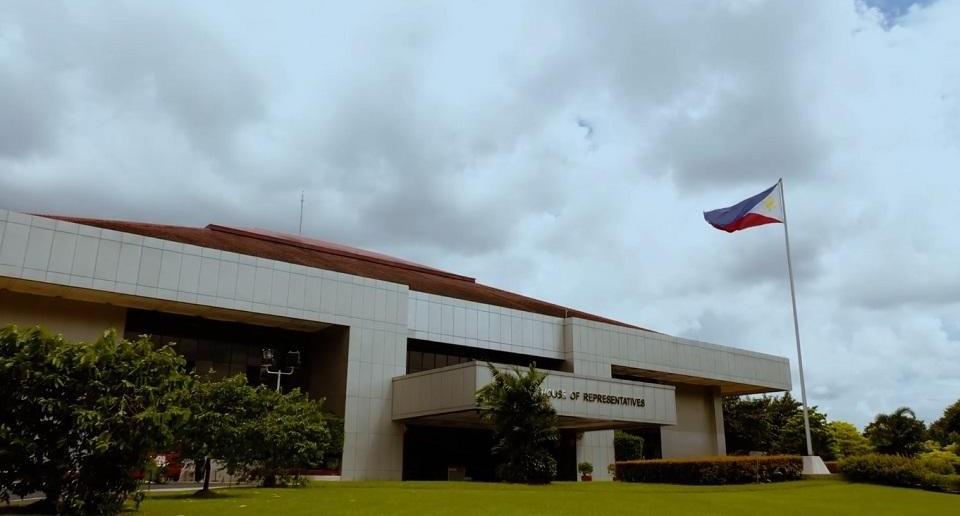Lawmaker wants Anti-VAWC law to include men, LGBTQ

A lawmaker is seeking to amend the Anti-Violence Against Women and Their Children Act (Anti-VAWC) to cover husbands; male partners; and members of the Lesbian, Gay, Bisexual, Transgender, and Queer (LGBTQ) community.
Representative Margarita “Migs” Nograles of the Puwersa ng Bayaning Atleta (PBA) party-list proposed the amendment in House Bill 1365, arguing that domestic abuse is not an exclusive problem for women and children because there are also many cases in which the victims are men who are either husbands or are gay partners.
Nograles wants to amend the existing law by renaming it the Domestic Violence Act of 2022 and expanding coverage of the measure by inserting the gender-neutral word “partner” to include men and members of the LGBTQI+, aside from the words “women” and “children," in the event of a physical, sexual, psychological harm or suffering, or economic abuse including threats of such acts, battery, assault, coercion, harassment or arbitrary deprivation of liberty.
"It is very important that laws against domestic violence should be designed to protect the interest and the welfare of everyone, regardless of one’s gender or gender preference," Nograles added.
Gabriela party-list representative Arlene Brosas, however, opposed Nograles proposal by saying that such an amendment undermined the fact that society was highly patriarchal and thus, more women were prone to abuse.
"Gabriela Partylist remains firm that there is no need to pass such a bill to protect husbands from alleged abuse from their wives as they can easily file a case for physical injury," Brosas said in a separate statement.
"Amending the Anti-Violence Against Women and Children by including men as possible victims of domestic violence trivializes the fact that an overwhelming majority of victims of domestic violence are women," she added.
Brosas pointed to the 2017 National Demographic and Health Survey taken by the Philippine Statistics Authority (PSA), which found that one in four Filipino women aged 15-49 had experienced physical, emotional, or sexual violence by their husband or partner.
In 2020, the number of cases of violence against women and children reported in the Philippines reached more than 11,000.
"This data is just the tip of the iceberg, considering that not all victims report their abusers due to fear of retaliation. Domestic abuse is about power and control. In an abusive relationship, only one person can be the aggressor. And to be called an abuser, you have to have the upper hand in terms of social and monetary capital," Brosas said.
"In Philippine society, where misogyny and sexism are rampant, men always have the upper hand. We urge our fellow lawmakers to re-evaluate the proposed 'ander de saya' bill and instead join the call for the passage of much more relevant amendments to the Anti-VAWC Law like our proposed HB 403 or the Expanded Violence Against Women and Children Act which defines electronic violence against women and children," Brosas added. — DVM, GMA News





